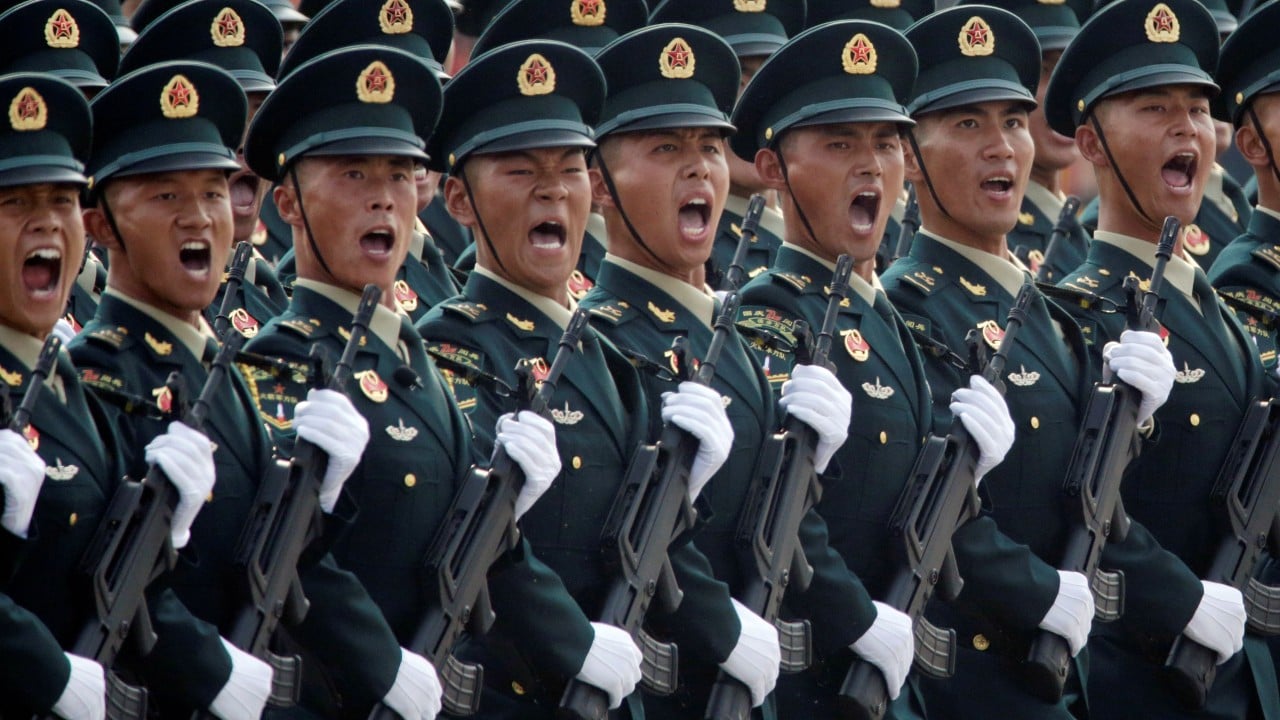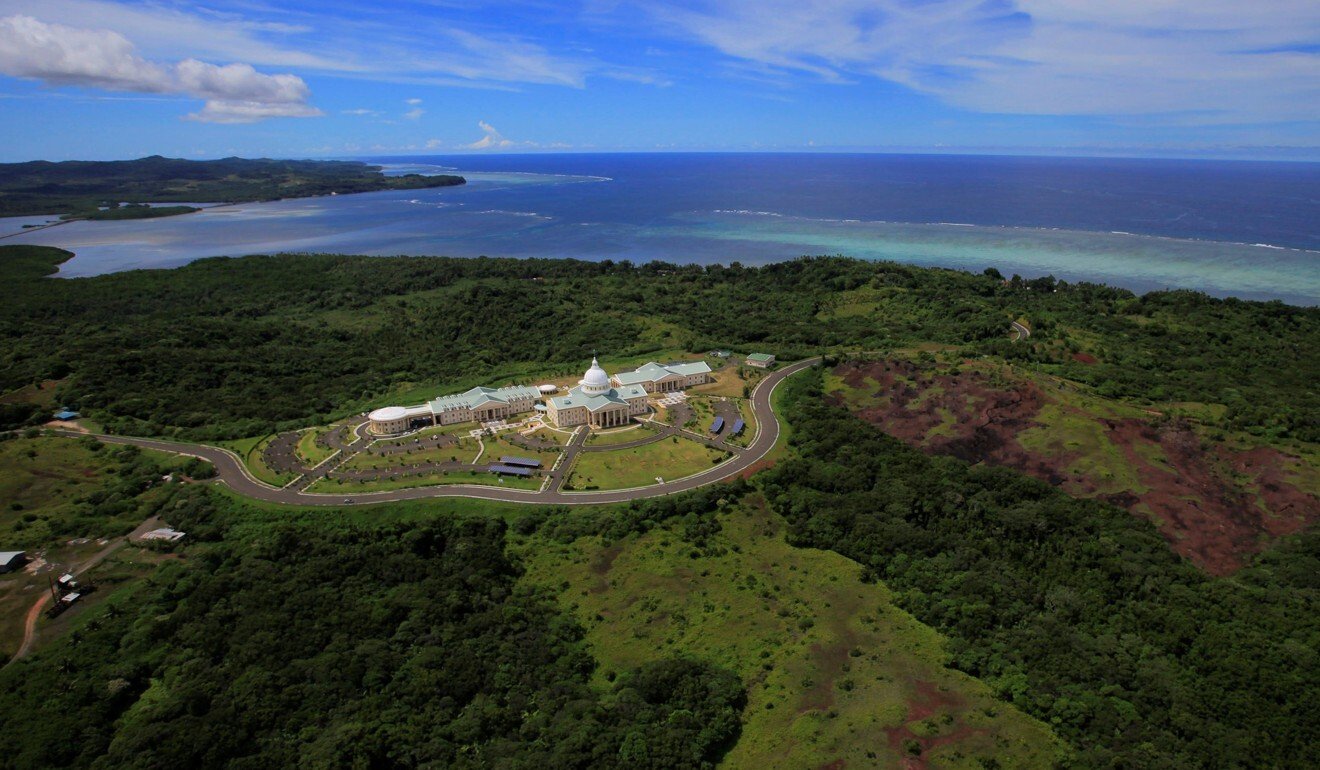
US-China relations: Mark Esper urges allies to help counter China in Indo-Pacific
- Defence secretary says the region has become ‘the epicentre of great power competition’ with Beijing
- He warns the PLA’s bid to become a world-class military will ‘undoubtedly embolden’ its actions in the East China and South China seas
US Secretary of Defence Mark Esper has called on countries to work with the United States to more effectively counter China in the Indo-Pacific, saying the region has become an epicentre of power competition with Beijing.
In an address on Wednesday in Hawaii, Esper said the US defence department was increasingly focused on China as a threat in the Indo-Pacific and globally, in response to what he described as Beijing’s undermining of the international order and aggressive modernisation of its People’s Liberation Army. The US strategy would include strengthening alliances, bolstering US military capabilities and expanding a network of like-minded partners, he said.
“The Indo-Pacific is the epicentre of a great power competition with China,” he said. “We’re not going to cede this region – an inch of ground, if you will – to another country, any other country that thinks their form of government, their views on human rights, their views on sovereignty, their views on freedom of the press, freedom of religion, freedom of assembly, all those things, that somehow that’s better than what many of us share.”

04:12
Are Xi Jinping’s China and Donald Trump’s US destined for armed conflict?


02:32
Washington’s hardened position on Beijing’s claims in South China Sea heightens US-China tensions
The US defence secretary had said in July that he wanted to visit China this year to improve “crisis communications” channels, though US President Donald Trump had reportedly said he wanted to replace Esper in the position if he was successfully re-elected in November.
South China Sea: ‘If China attacks our navy, we’ll call the US’, Philippines says
Beijing said it would take countermeasures to the latest US sanctions, with Chinese foreign ministry spokesman Zhao Lijian on Thursday decrying them as “hegemonic logic and power politics”.
“China’s construction on its own territory is entirely within the scope of its sovereignty, and has nothing to do with militarisation,” he said.
On Monday, Esper wrote in an opinion piece in The Wall Street Journal – titled “The Pentagon is prepared for China” – that US national defence strategy had placed China as its principal focus. Zhao hit back, saying the piece was “groundless”, and insisted that China’s defence policy was defensive in nature.

